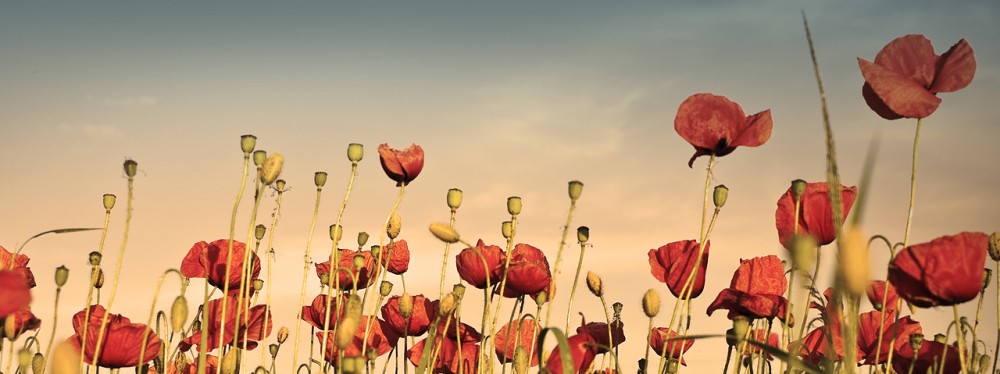The minutes of the meeting of Batttersea Borough Council on 27 January state that the Medical Officer of Health – Dr G Q Lennane – had been gazetted as a lieutenant and therefore would be required to give his full service to the Forces in the near future. It was then referred to the Health Committee to appoint a locum to fill his post, a decision which was an amendment and had to be voted on. The Council also agreed to pay him the difference between his salary and the salary awarded by the Army, a proposal which the South Western Star reports caused much debate. The chair of the Health Committee, Cllr Willis, formally disagreed with the proposal and a lengthy debate followed over whether or not the Council should allow Dr Lennane to go.
Medical Officers of Health had wide-ranging responsibilities for the health of the borough. They provided statistics on birth, deaths and infectious disease – which was part of a responsibility to contain it rather than merely to take notes. This extended to duties including inspecting housing which could be unfit for human habitation, checking on sanitation and considering provision for maternity and child welfare. The 1913 Annual Report also shows that he was responsible for the protection of the food supply and for enforcing the 1901 Factories and Workshops Act. Dr Lennane was a senior member of staff with a Public Health department working for him, so he was not solely responsible for this, but it was an important job in the borough.
The Councillors who objected to his going made clear that they were non un-patriotic, but that they had the interests of the borough at the forefront of their minds. Others argued that duty was to the country first, then to the borough – one councillor who was also a local employer said that 40 of his men had enlisted and had not asked his permission first – and that a good senior member of staff would have his department working in such a way that he could go for a time. Eventually the Council agreed to let Dr Lennane go when necessary and for the committee to look into a locum, a debate which the minutes do not reflect. Dr Lennane went to France as a Captain with the Royal Army Medical Corps later in 1915, he returned after the war and remained with the Council until 1932.
Less contentious was the decision to set aside a section of Morden Cemetery for the graves of servicemen, at the lowest possible cost. There are over 70 burials from the First World War in Morden Cemetery listed on the Commonwealth War Graves Commission site, although they are in several areas of the Cemetery. The full list can be found here and includes burials from both wars.
Battersea Borough Council minutes, ref: MBB/1/15
South Western Star, 1915, available on microfilm
Medical Officer of Health reports are available online from the Wellcome Institute, or in hard copy at the Heritage Service.
